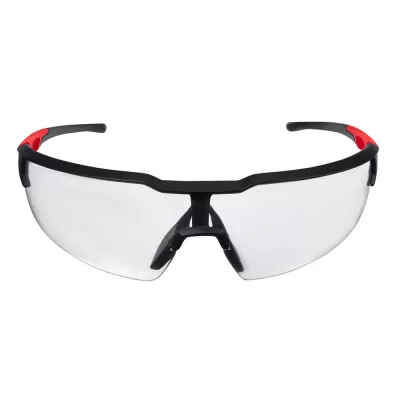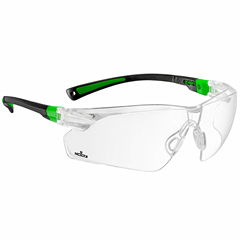- Cotton: Cotton is a popular choice for work shirts due to its natural breathability and softness. It allows air to circulate, keeping you cool and comfortable. Look for shirts labeled as “100% cotton” or “cotton poplin” for a smooth and lightweight option.
- Linen: Linen is highly breathable and perfect for warmer climates. It has a relaxed and textured appearance that adds a touch of casual elegance. Keep in mind that linen tends to wrinkle easily, which can contribute to a more relaxed look.
- Cotton-Linen Blends: Blends of cotton and linen combine the best of both worlds. These fabrics offer the breathability of linen and the durability of cotton, making them suitable for a professional setting without sacrificing comfort.
- Chambray: Chambray is a lightweight, plain-woven fabric that resembles denim. It’s softer and more breathable than denim, making it a comfortable choice for work shirts.
- Seersucker: Seersucker is a puckered cotton fabric that’s excellent for hot weather. The puckered texture creates small air pockets, allowing for improved airflow and cooling.
- Poplin: Poplin, also known as broadcloth, is a tightly woven fabric that’s smooth and lightweight. It’s comfortable to wear and offers good breathability, making it suitable for various work environments.
- Oxford Cloth: Oxford cloth has a slightly thicker texture and is more casual, yet it’s still breathable. It’s often used for dressier casual shirts and can add a touch of texture to your outfit.
- Tencel or Lyocell: Tencel is a sustainable fabric made from wood pulp. It’s known for its softness, moisture-wicking properties, and breathability. Tencel shirts can be comfortable and eco-friendly options.
- Bamboo: Bamboo fabric is naturally breathable, moisture-wicking, and antibacterial. It’s a sustainable choice and offers a silky-smooth feel against the skin.
- Modal: Modal is a semi-synthetic fiber made from beech trees. It’s soft, breathable, and drapes well. Shirts made from modal are comfortable and have a luxurious appearance.
When choosing a work shirt fabric for comfort and breathability, consider the climate of your workplace and the season. Lighter fabrics like cotton and linen are ideal for warmer months, while blends and other fabrics with moisture-wicking properties can be comfortable year-round. Keep in mind that the weave of the fabric also plays a role in breathability, with looser weaves allowing for better airflow.
Additionally, pay attention to care instructions. Some fabrics, like linen, may require more maintenance due to their tendency to wrinkle, while others like cotton blends can be more low-maintenance. Ultimately, selecting a fabric that combines comfort, breathability, and practicality will help you stay comfortable and confident throughout your workday.






















